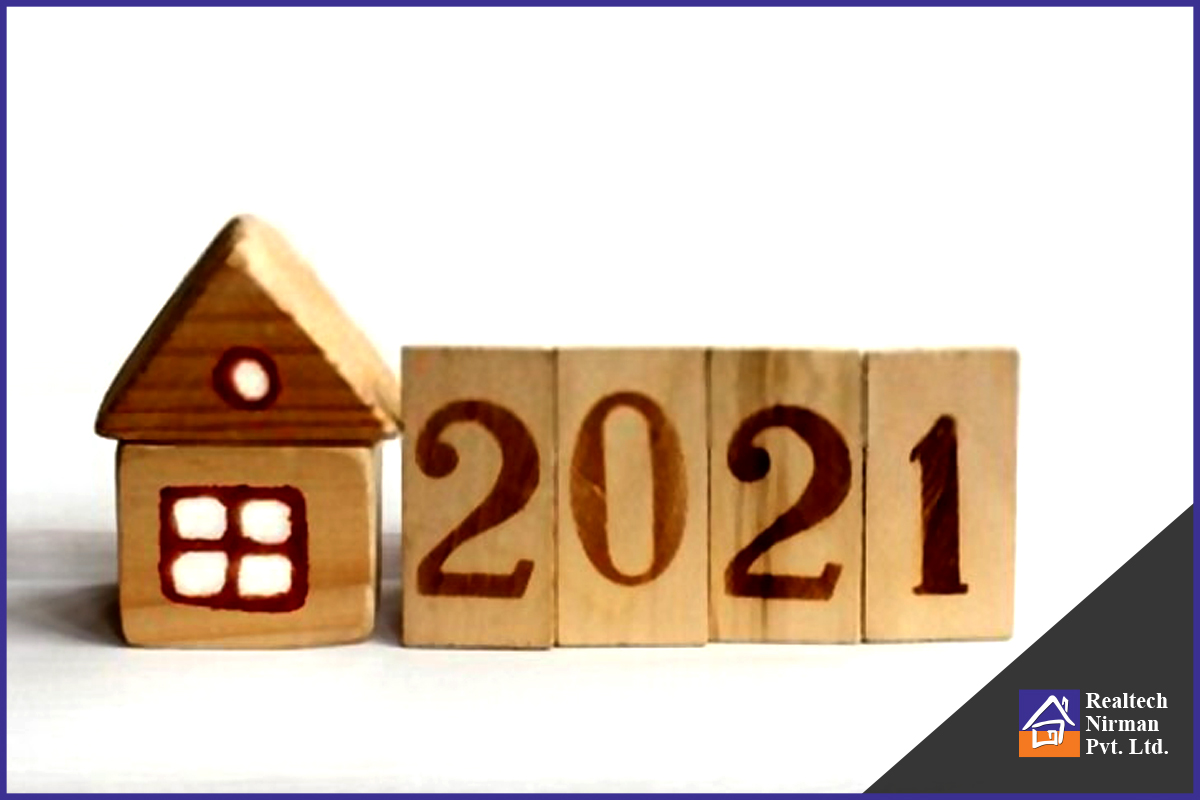Got a 3BHK to suit all your needs? What about your furry, feathered, and finned members of the family? They need your time, attention and a comfortable stay too. Most pet owners do not keep their pet’s necessities in mind while buying a new property. Just like your little one needs their playtime, your pet needs space to move around easily and safely in the house.
Keep reading to learn what you should be looking for, and how a little planning can go a long way to help you restructure your daily routine to keep your pet safe and joyful.
Prepare Your Home For The Pet
![]() Look out for choking, strangulation, electrocution, and suffocation hazards. Cut through any loops, and unplug or cover wires and electrical cords.
Look out for choking, strangulation, electrocution, and suffocation hazards. Cut through any loops, and unplug or cover wires and electrical cords.
![]() Be cautious with human foods and medications and store them where pets can access them.
Be cautious with human foods and medications and store them where pets can access them.
![]() Keep away “ladders” from their reach to limit their access to elevated areas like countertops and tabletops.
Keep away “ladders” from their reach to limit their access to elevated areas like countertops and tabletops.
![]() Make sure to dispose trash daily to keep pets from rummaging through it. Use stainless steel and rubber trash cans and sprinkle baking soda to keep away odors.
Make sure to dispose trash daily to keep pets from rummaging through it. Use stainless steel and rubber trash cans and sprinkle baking soda to keep away odors.
![]() Some indoor plants can cause health hazards in pets. For example, lilies and other common, but toxic, plants like amaryllis, poinsettia, mums, and aloe-vera are harmful to many pets. Make sure you understand the implications of your chosen plant on your pet before bringing it in.
Some indoor plants can cause health hazards in pets. For example, lilies and other common, but toxic, plants like amaryllis, poinsettia, mums, and aloe-vera are harmful to many pets. Make sure you understand the implications of your chosen plant on your pet before bringing it in.
![]() Latch out cleaning items to keep them away from your pet and prevent them from swallowing chemicals.
Latch out cleaning items to keep them away from your pet and prevent them from swallowing chemicals.
![]() Always keep toilet lid down to eliminate risks or poisoning and drowning.
Always keep toilet lid down to eliminate risks or poisoning and drowning.
![]() The term High-Rise Syndrome has been coined from all cats that die due to jumping out of windows. Make sure you have nets to cover open windows to avoid any accidents of such kind.
The term High-Rise Syndrome has been coined from all cats that die due to jumping out of windows. Make sure you have nets to cover open windows to avoid any accidents of such kind.
![]() Create a danger-free zone with their favourite toys to help them spend their playtime and ensure you have enough space in your home by keeping minimal furniture at least in one of the rooms.
Create a danger-free zone with their favourite toys to help them spend their playtime and ensure you have enough space in your home by keeping minimal furniture at least in one of the rooms.
![]() Always remember, well-exercised pets are less likely to get into trouble, and more likely to rest well at night instead of barking or whining for attention. Try to get a trainer for your dog to keep him fit and in good shape.
Always remember, well-exercised pets are less likely to get into trouble, and more likely to rest well at night instead of barking or whining for attention. Try to get a trainer for your dog to keep him fit and in good shape.
Things to Consider Before Getting A Pet
If you are a pet-owner already, the first important thing to make sure before moving into a new property is to confirm if the society allows members to keep pets. It is also advisable to check if the society is able to ensure the pet’s well-being at all times.
What are your rights as a pet owner?
![]() It is not legal to not allow pets in a housing society and is considered to be a direct violation of the Constitution of India. Under Section 51(A) it is the duty of every citizen to respect and have compassion for all life forms in India.
It is not legal to not allow pets in a housing society and is considered to be a direct violation of the Constitution of India. Under Section 51(A) it is the duty of every citizen to respect and have compassion for all life forms in India.
![]() Members of the society should always be kind to your pet and the members should abide by the law, in-sync with Section 11(3) of The Prevention of Cruelty to Animals Act, 1960.
Members of the society should always be kind to your pet and the members should abide by the law, in-sync with Section 11(3) of The Prevention of Cruelty to Animals Act, 1960.
![]() If your neighbour is complaining about your pet’s bark or whine, you are not to apologise as it is a natural form of expression and it has to be tolerated in a society.
If your neighbour is complaining about your pet’s bark or whine, you are not to apologise as it is a natural form of expression and it has to be tolerated in a society.
What are your responsibilities as a pet owner?
However, it is equally important for the pet-owners to be responsible for their pet and train them accordingly so that it is not causing trouble for other residents.
![]() Designate a time for pet walk and make sure they do not defaecate in the open.
Designate a time for pet walk and make sure they do not defaecate in the open.
![]() Always keep your pets vaccinated.
Always keep your pets vaccinated.
![]() Clean spots that are messed up by your pet to avoid others from stepping on them.
Clean spots that are messed up by your pet to avoid others from stepping on them.
![]() Keep your pet away from those who do not prefer them to avoid any unnecessary arguments and incidents.
Keep your pet away from those who do not prefer them to avoid any unnecessary arguments and incidents.
Keep an eye on our page for more insights and new properties in Kolkata.





